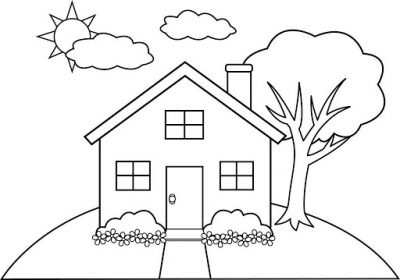5 Tips for Handling Difficult Family Caregiving Conversations
As a provider of care services to elders, you know all too well that difficult conversations with family members are a common course of business. There are many situations where a family member is unable to physically visit their loved one except when traveling or off of work or school around the holidays. Naturally, after not seeing their loved one for a length of time changes will have taken place, and this can cause a variety of responses – all of which necessitate a helpful and informative reply. The goal is to make them feel comfortable and at peace like after the first sip of hot cocoa on a cold winter day. How do you prepare for those tough interactions? Do you feel as though the conversations are effective and well-received?


 According to estimates from the National Alliance for Caregiving, during the past year, 65.7 million Americans (or 29 percent of the adult U.S. adult population involving 31 percent of all U.S. households) served as family caregivers for an ill or disabled relative. That is 65.7 million family caregivers who are desperately needing education, training, support and help with finding available resources. We must do a better job as these numbers are increasing drastically with our aging population.
According to estimates from the National Alliance for Caregiving, during the past year, 65.7 million Americans (or 29 percent of the adult U.S. adult population involving 31 percent of all U.S. households) served as family caregivers for an ill or disabled relative. That is 65.7 million family caregivers who are desperately needing education, training, support and help with finding available resources. We must do a better job as these numbers are increasing drastically with our aging population.


